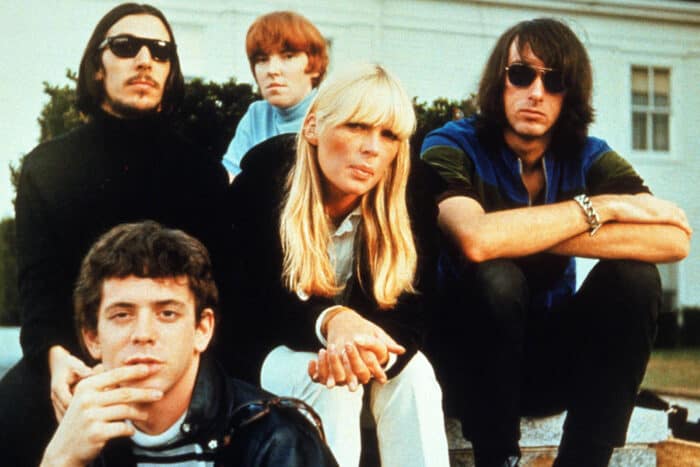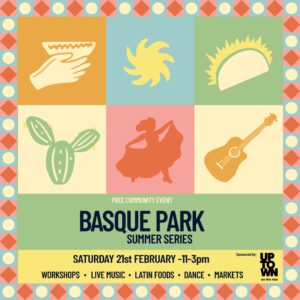I’ll Be Your Mirror – A Tribute to The Velvet Underground & Nico: Album Review
I’ll Be Your Mirror – A Tribute to The Velvet Underground & Nico Various Artists (UMG Recordings, Inc).
A defining moment in American music and art was the release of The Velvet Underground & Nico in 1967. Hated and ignored at the time when Flower Power and Hippie Good Vibes were ascendent. It went on to influence virtually everyone who cared about music including many who have never heard this seminal music. If anything, it is stronger today than it has ever been.
This tribute was the last project curated by Hal Willner. A semi-legendary music producer of all mediums from TV, cinema, records and live shows. This included musical director and producer on Saturday Night Live. He died last year in New York City aged 65, possibly from Covid complications.
Wilner specialised in Tribute shows and his heart and soul was drawn from the classic music of the Fifties and the Sixties. This also included the Beat Generation Artists. To touch just a few, theme concerts for Doc Pomus and Mort Shuman, Harry Smith, Bob Dylans 1963 Town Hall Concert. He collaborated with Lou Reed several times including a concert dedicated to The Bells album. He produced William Burrough’s Dead City Radio album.
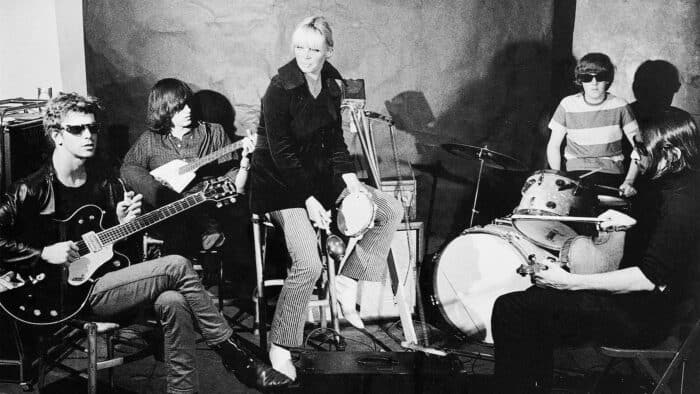
This album stands as a tribute to a great New York music personality.
Sunday Morning by Michael Stipe. A clarinet replaces the familiar early morning dew of the original celeste opening. Then the instantly recognisable bending acoustic bass lead of Walk on the Wild Side appears. To lead us into Stipe’s voice. He has toned this down to an emotionally fragile tenor and appears to emulate Alex Chilton. Going from Box-Top baritone to adolescent Big Star. Compare his voice here to covers of Velvet Underground’s Pale Blue Eyes and There She Goes Again on REM’s Dead Letter Office.
Lou Reed was asked to come up with a single from original producer Tom Wilson at the time. Wilson had produced great early albums for Dylan including single Like a Rolling Stone. After which he got the boot.
Wilson had no real chemistry with the Velvets. But he knew that Reed had been a staff song-writer for budget label Pickwick. This song is unlike any of the others on the album save one. Beautiful and blessed but with shadows lurking. Watch out, the worlds behind you/ There’s always someone around you who will know/ It’s nothing at all.
I’m Waiting for The Man by Matt Berninger. The vocalist from the National is faithful to the original. Tribal tom-toms accentuate the minimalist and off-kilter anti Rock’n’Roll approach of Maureen Moe Tucker. Crucial to the Velvet sound until that last studio album.
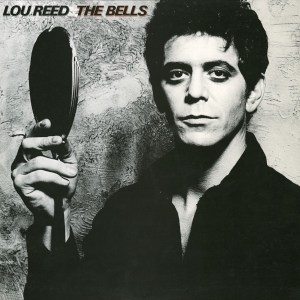 Lou Reed was a writer with his approach to music. Not a poet but a novelist. Character studies compressed into three minutes and called Rock’n’Roll. He was able to stretch out eventually and equaled Dylan as a lyricist. More William Burroughs, whereas Dylan stole from Allen Ginsberg. First thing you learn is that you always gotta wait/ New York brownstone, up three flights of steps.
Lou Reed was a writer with his approach to music. Not a poet but a novelist. Character studies compressed into three minutes and called Rock’n’Roll. He was able to stretch out eventually and equaled Dylan as a lyricist. More William Burroughs, whereas Dylan stole from Allen Ginsberg. First thing you learn is that you always gotta wait/ New York brownstone, up three flights of steps.
Talent borrows. Genius steals.
Femme Fatale by Sharon Van Etten. With help from Angel Olsen. The tempo is slowed a little from the original. More strings appear with the viola. A Folk tune of ghostly and spectral beauty. Some of the dread that came from Christa Nico Paffgen and her deeper tone is absent. It turns into redemption. Reed would have appreciated that and possibly shed a tear.
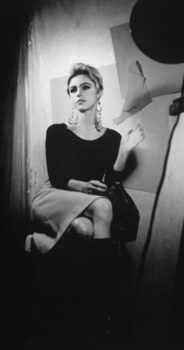
The song is centred around Edie Sedgwick who was an eye-catching part of Andy Warhols legendary Factory ensemble of artists, transvestites, bi-sexuals and generally unclassifiable people at the time. Everyone fell in love with her and many got burned. She is the subject of at least two classic Dylan songs.
Venus In Furs by Andrew Bird and Lucius. Transformed into Country Americana and speaking in ghostly tones of old Murder Ballads. Bird is a virtuoso violinist and calls down the spirit of Appalachian strings and moves through Laurie Anderson nervy Folk to elements of Gypsy and Jazz. The singers Jess Wolfe and Holly Laessig of Lucius add Olde Timey Country harmony vocals. I could sleep for a thousand years/ A thousand dreams that would awake me.
A mandolin plays angular melody lines and reworks some John Cale style dissonance. Eastern modal mixed with Celtic swing. A real triumph.
Run Run Run by Kurt Vile. Tribal drum beats. Drone melodies and electric guitar mantra. Straight from the heart of Dylan ‘65 and New York City characters. Teenage Mary and Margarita Passion. Remarkable how this sound has come back in the new millennium as Shoe-Gaze, Indie-Rock or Pop. Take it, it’s yours sung the Smiths.
All Tomorrow’s Parties by St Vincent and Thomas Bartlett. Out goes the drones and the Indian raga guitar riffs. In comes vocoder vocals from Annie Clark as St Vincent. When she is off the gadgets, she is whispering. The instruments are stripped back and skeletal. A lounge piano plays Jazz. There is elevator music. Builds in to a more conventional Pop tune as it progresses. This is not an entirely successful re-imagining although it is bold and subtle.
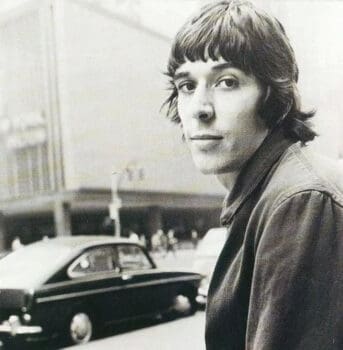
The version is sung like a poem. A curse on childhood. Or the eternally child-like. She turns once more to Sunday’s gown/ And cries behind the door. Again, Reed was drawing from the Factory crowd and aiming into it as a detached observer. On the demo tapes, the song was originally sung by John Cale as a Folk lament. Nico’s voice makes it something else completely. There is dread and cinematic suspense. The Eastern melody spirals up into the spiritual realm. A lot of that has been dropped.
Heroin by Thurston Moore and Bobby Gillespie. Close to the original again with crucial elements added in to try and elevate a touchstone classic. It could be a viola or some other stringed instrument which is bowed or scraped. Harsh and dissonant. Counter-pointed with beautiful picked acoustic guitar. This is a spiritual reverie more than a drug song. In that the overall tone is redemptive.
Heroin is not a drug which inspires artistic endeavour. It draws you inside to a warm comfortable place. The rush and anger that inspires the singer does not come from an opioid. When I put a spike into my vein/ And I’m rushing on my run/ And I feel just like Jesus’ son. That is more amphetamine. This is one of Reed’s most literary tunes. A diatribe of bile is exorcised. Then you hear I wish that I was born a thousand years ago/ I wish that I sailed the darkened seas/ On a great big clipper ship. Past lives and ancient evenings. The alchemy of music. The sacrament you could call Heroin. Or Heroine.
Mick Jagger took inspiration from this to reply with Stray Cat Blues a year later. This really is full of cruelty and venom and the singer is spitting it out at the end like poison. Of course, it is a classic too.
There She Goes Again by King Princess. A Soul R’n’B classic from Reed who had been a lifelong fan of Doo-Wop and classic Fifties music from such songwriters as Leiber and Stoller, and Pomus and Shuman. The song is cribbed from Hitch Hike, co-written and sung by Marvin Gaye in the early Sixties at Motown.
The song is a faithful cover, accenting the last word of each line emulating Dylan. Reed spent more time praising Bob than he spent dissing him.
I’ll Be Your Mirror by Courtney Barnett. This is as great as Lou Reed gets and it is no mean feat to nail it perfectly as Barnett does. Short, and as sharp as a knife as well as unbearably tender. Low-fi vocals and Folky acoustic guitar with just the hint of Eastern melody.
When you think the night has seen your mind/ That inside you’re twisted and unkind/ Please put down your hand/ ‘Cause I see you.
Reed was bi-polar, bi-sexual and Jewish. He underwent electro-convulsive therapy in his early years repeatedly. His younger sister noted that this took something out of his life spirit. A lot of his Twenties was spent trying to get some of that back. His parents were supportive. They took what was considered to be the best advice from doctors at the time. This behaviour still remains a plague to this day. Medicine thrives on illness, not good health.
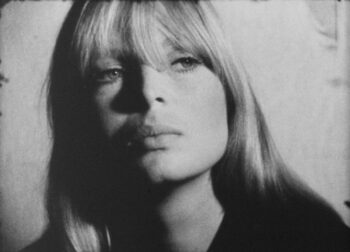
Black Angels Death Song by Fontaines DC. These Irish Indie-Rockers do channel the Velvets at times. Especially on last year’s album A Hero’s Death. They have fun here, broad accent and all. Moe Tucker style drums. Scraping strings and mutant sitar guitar. An exorcism expressed as rage.
This one got the Velvets banned from venues when they blasted it out. Reed said he was having fun free-associating the lyrics. The Fontaines capture some of the scathing energy and wit. And just hang in there.
Sacrificial remains make it hard to forget/ Where you come from/ The stools of your eyes/ Serve to realise fame, choose again/ If you choose/ Try to lose/ Choose to choose.
European Son by Iggy Pop and Matt Sweeney. The song that Reed dedicated to his idol and mentor, poet Delmore Schwartze. An extended jam of dissonance, sound collage and sound effects coming at you with hurricane force. Cathartic energy. All Iggy has to do is howl and screech and bark like a slightly mad doggie. Some coughing and hawking as well as some ape-calls. The sounds of metal screeching on metal. A hypnotic rhythm drone. Guitars lay out counter-rhythm scratches like proto- James Brown Speed Funk. It took a while for this to eventually appear as Metal.
The Velvet Underground & Nico is a masterpiece that achieved what all great Art aspires to. To change the world. In an instant. Music is still inside that Big Bang and this is a fantastic celebration of it.
Rev Orange Peel
Give it a listen HERE:
